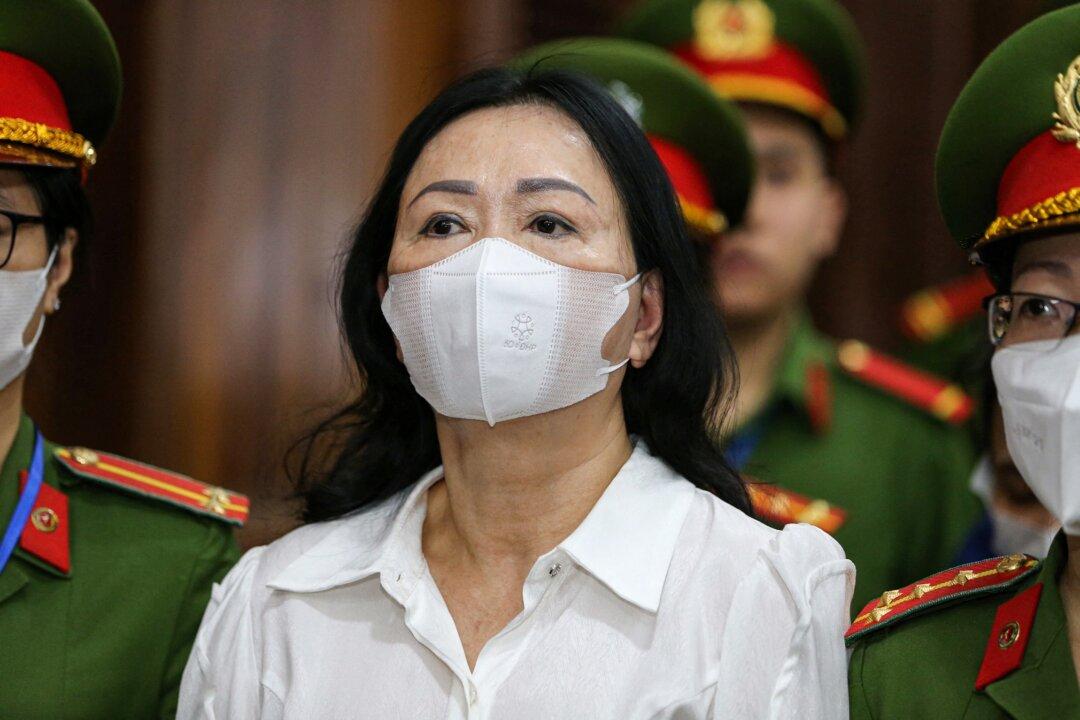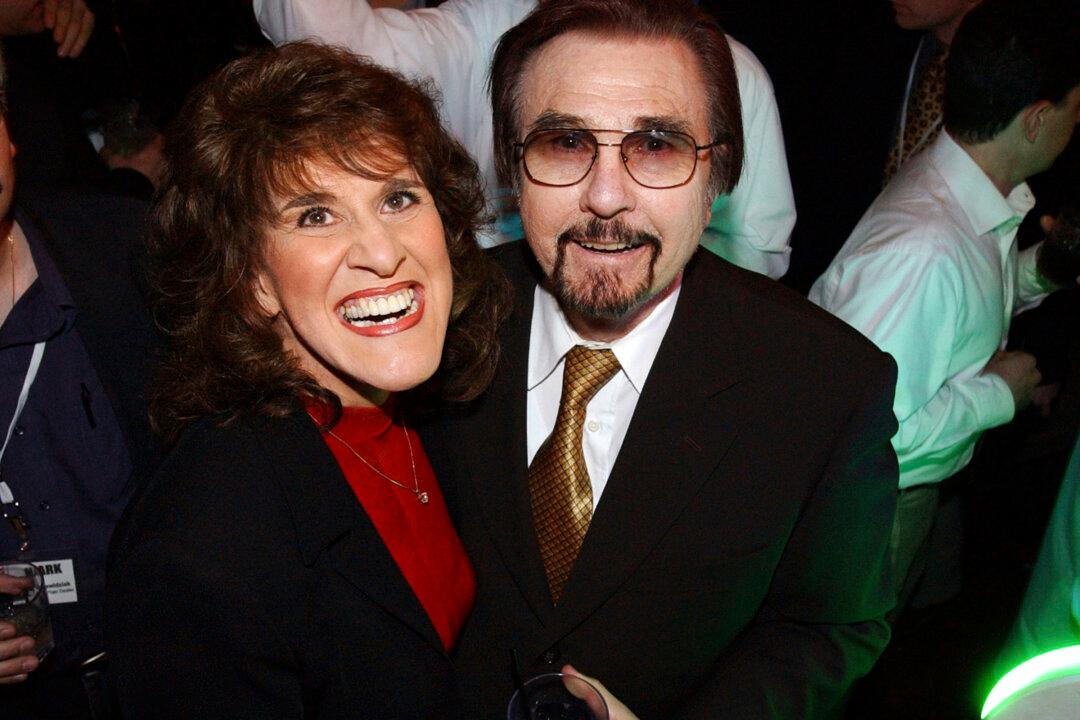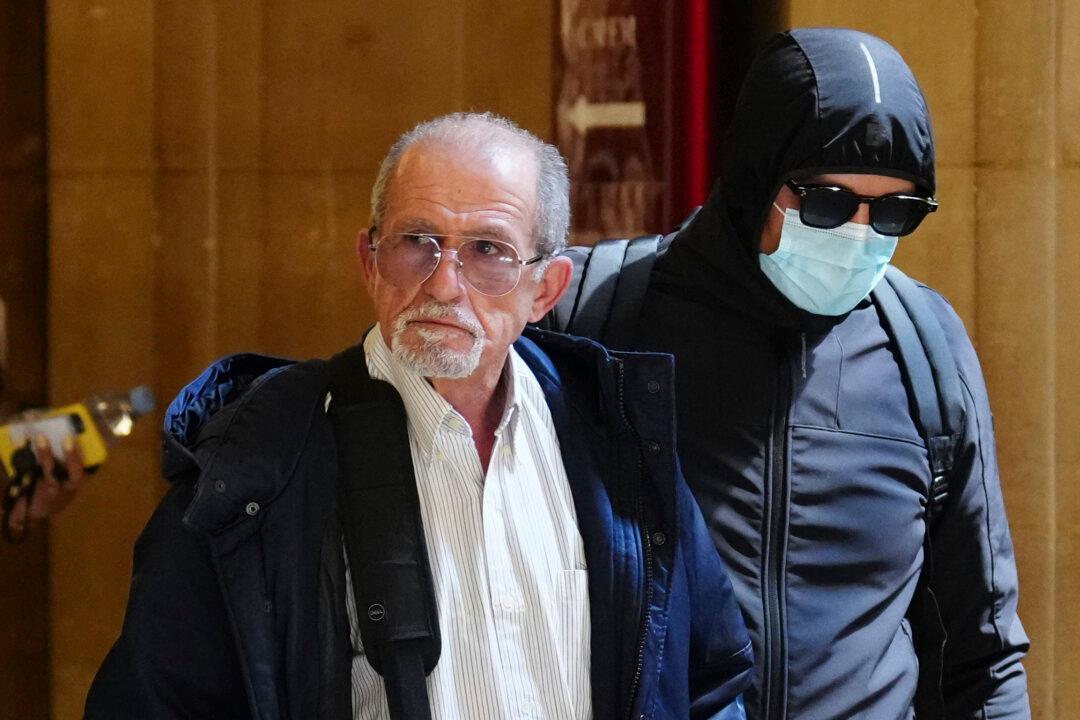No fewer than 85 people were found guilty in Vietnam on April 11 in the country’s largest-ever fraud case, with a 67-year-old woman who was the center of the operation receiving the death penalty.
Real estate tycoon Truong My Lan, chairwoman of Van Thinh Phat Holdings Group, was found guilty of defrauding the Saigon Commercial Bank—which she indirectly controlled through proxies—of more than 304 trillion dong (more than $12 billion) over the course of 11 years.





